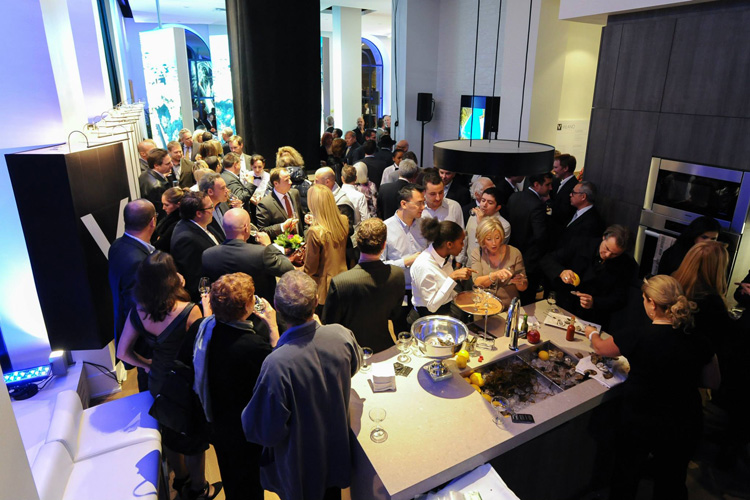Experiential Marketing
Experiential marketing is a form of advertising that focuses primarily on helping consumers experience a brand.
While traditional advertising (radio, print, television) verbally and visually communicates the brand and product benefits, experiential marketing tries to immerse the consumers within the product by engaging as many other human senses as possible. In this way, experiential marketing can encompass a variety of other marketing strategies from individual sampling to large-scale guerrilla marketing.
In the end, the goal of experiential marketing is to form a memorable and emotional connection between the consumer and the brand so that it may generate customer loyalty and influence purchase decision.
History and Development:
As B. Joseph Pine II and James H. state in their book, The Experience Economy, the number of goods and services has increased making the industry as a whole increasingly competitive and crowded. They illustrate that brands must begin to provide consumers with memorable events and engagements that allow the brand to stand out from the clutter of their competitors. Livy Alvey, in Relationship Marketing, explains further that brands facing identical competitor products can create brand loyalty by focusing on the emotional connection.
Marketing Strategies that go into Experiential Marketing:
Brands utilize a variety of marketing strategies in order to achieve this emotional connection with their consumers. When it comes to which marketing strategies to use, it depends more on how they are used, the target demographic of the product, and the emotion that the brand wants to associate with itself.
On July 10th, Adidas organized the “D Rose Jump Store” in London to promote Derrick Rose’s signature Adidas sneakers. Although the concept was simple (use Derrick Rose’s presence to create buzz among fans), Adidas took it to another level by adding depth to their activation. In addition to meeting the famous Chicago Bulls point guard, fans had the opportunity to win a free pair of the signature sneaker if they could jump 10 feet to reach them. By having participants jump the same distance needed to reach a regulation basketball hoop, it gave each consumer perspective into the basketball player’s life. Whether participants walked away empty handed or with a new $100 set of shoes, they all had an experience that they will always remember and associate with Adidas.
For some brands, a custom made store that is only open for one day is unnecessary to experience their product. Landshark Lager is confident that in the right setting, there is nothing better than their American lager. So on October 7th, the brewery targeted popular pools in the Las Vegas area and provided free samples of their beer. Landshark capitalized on the refreshing feeling of going to the pool on a warm day to communicate that their beers can be just as refreshing. Landshark was able to create an experience for their consumers with a relatively inexpensive and straightforward distribution strategy.






